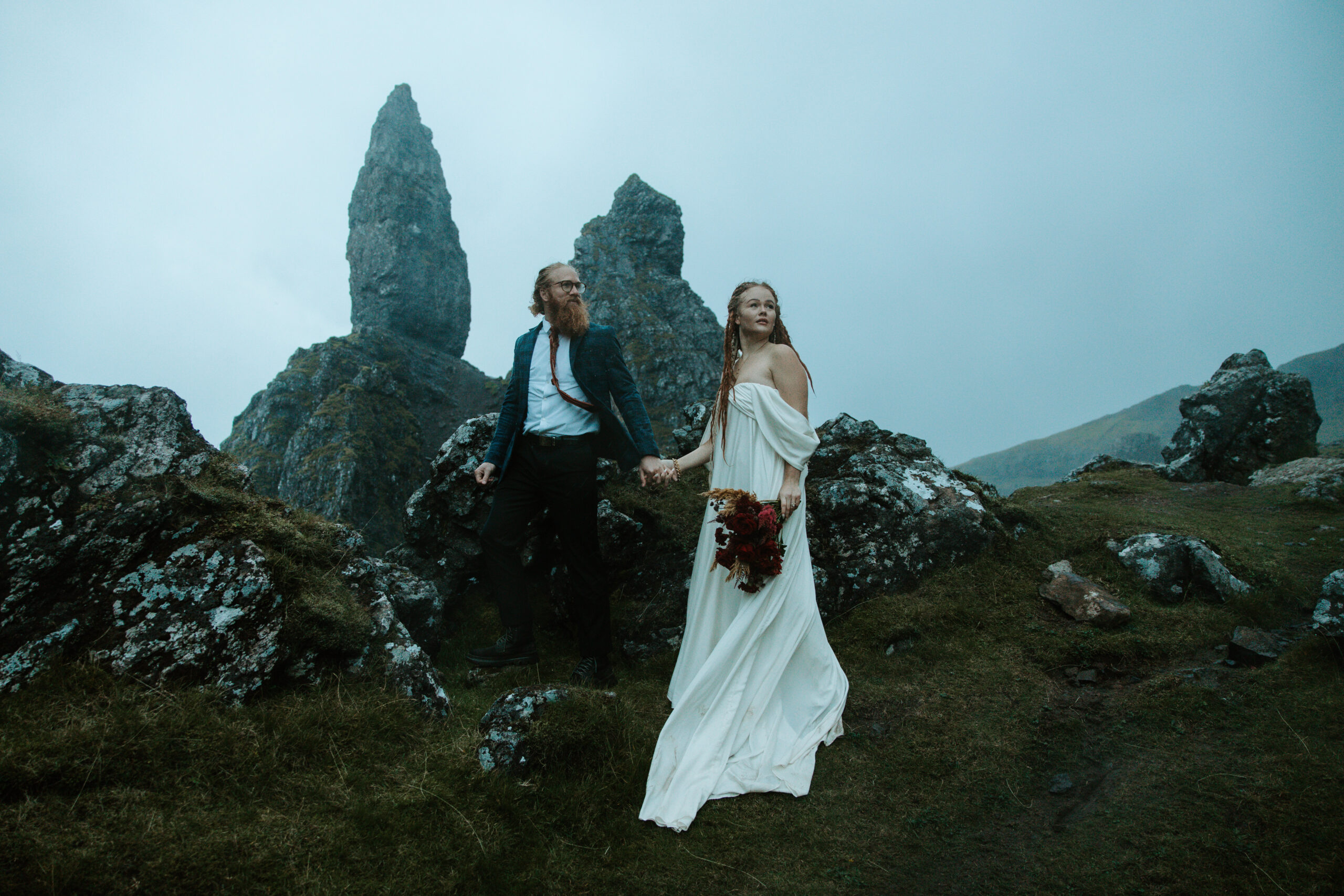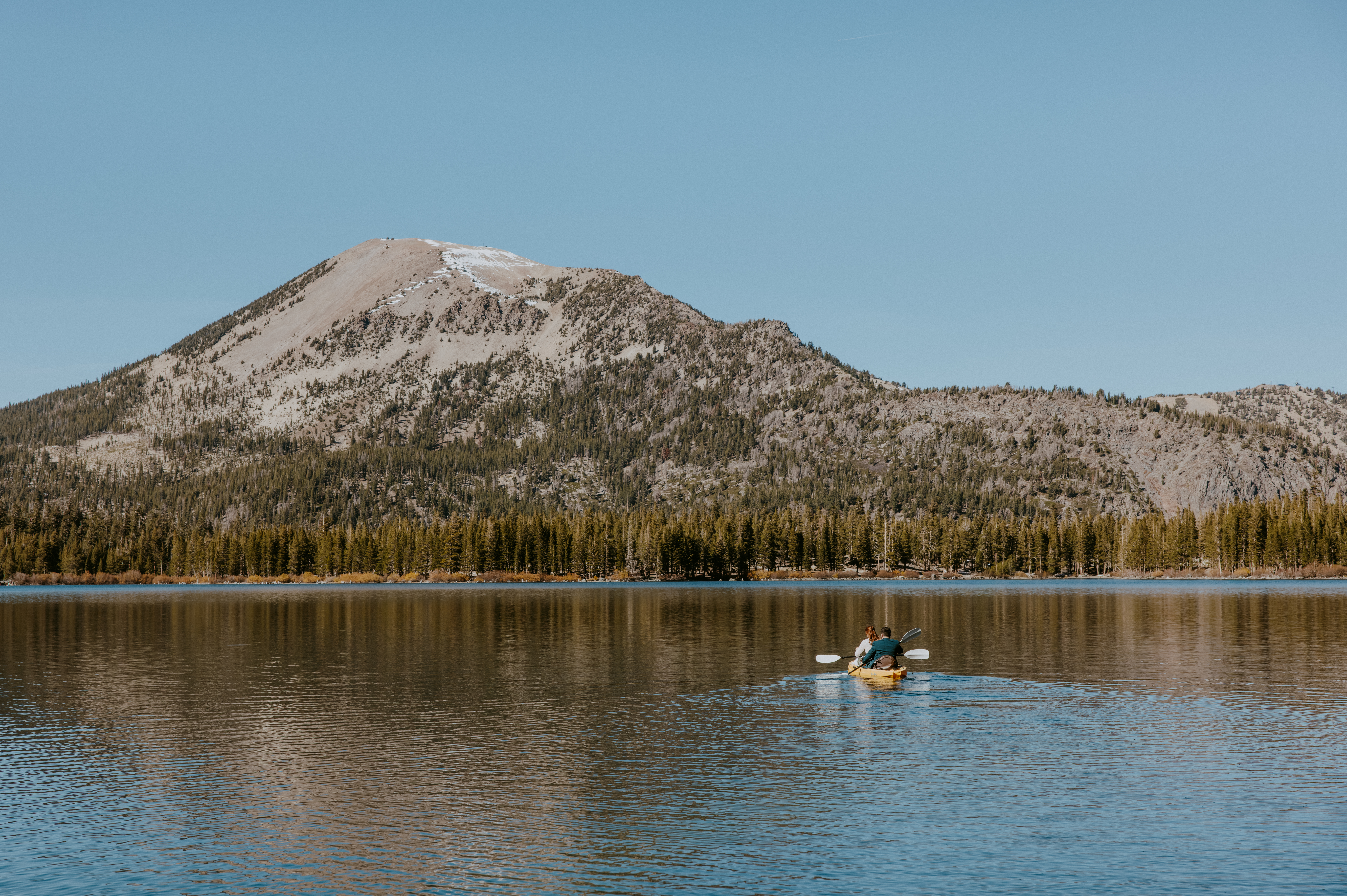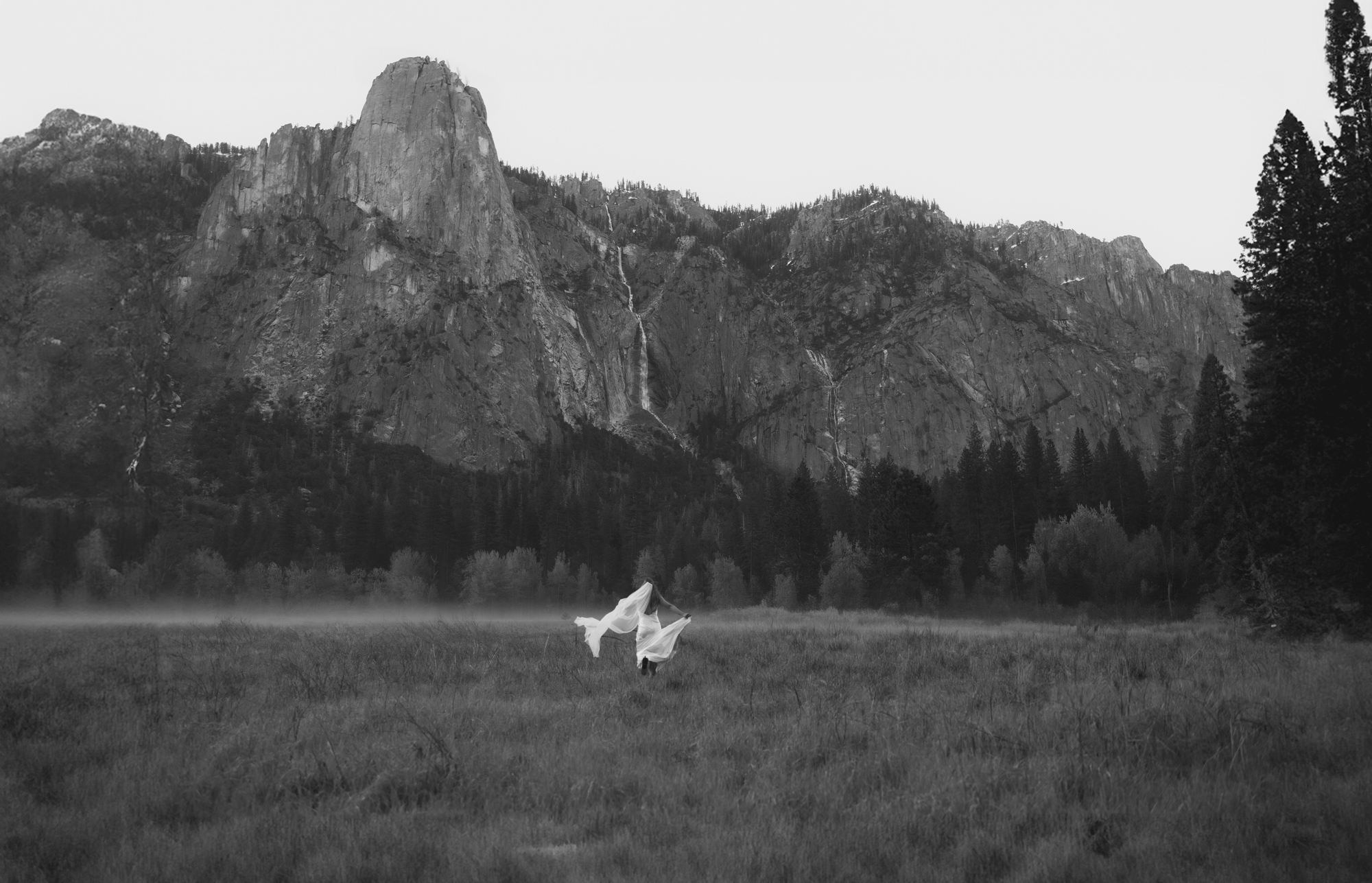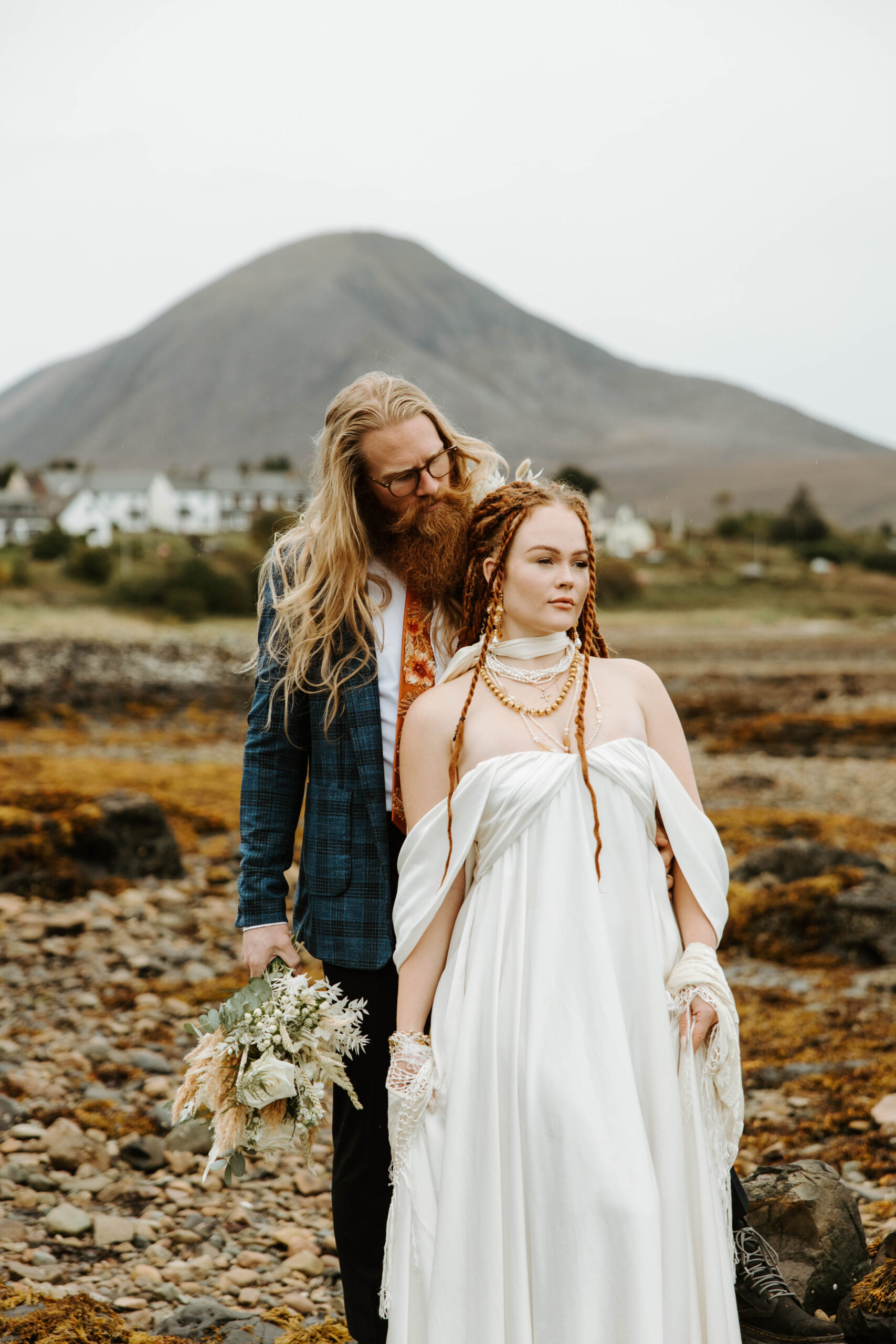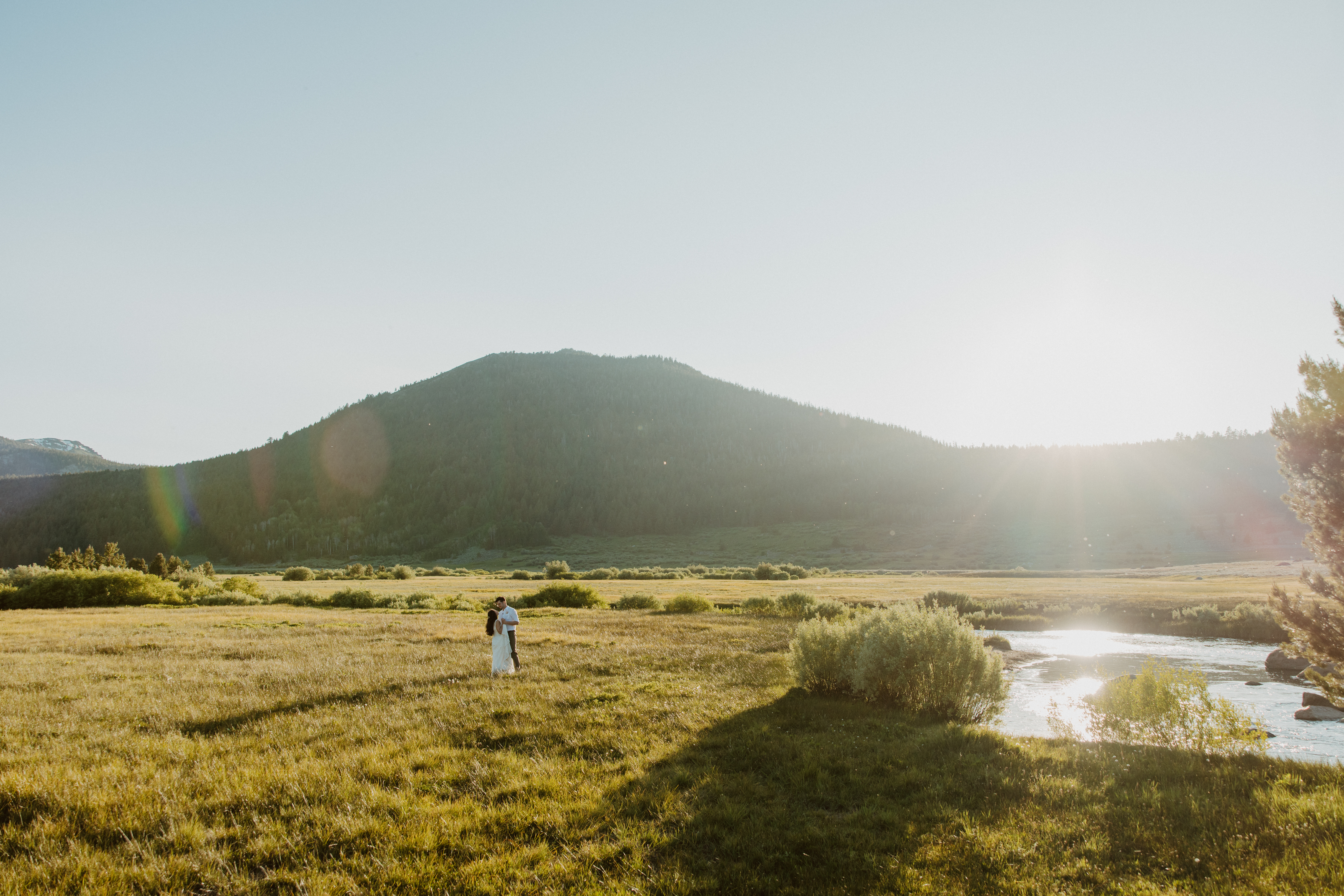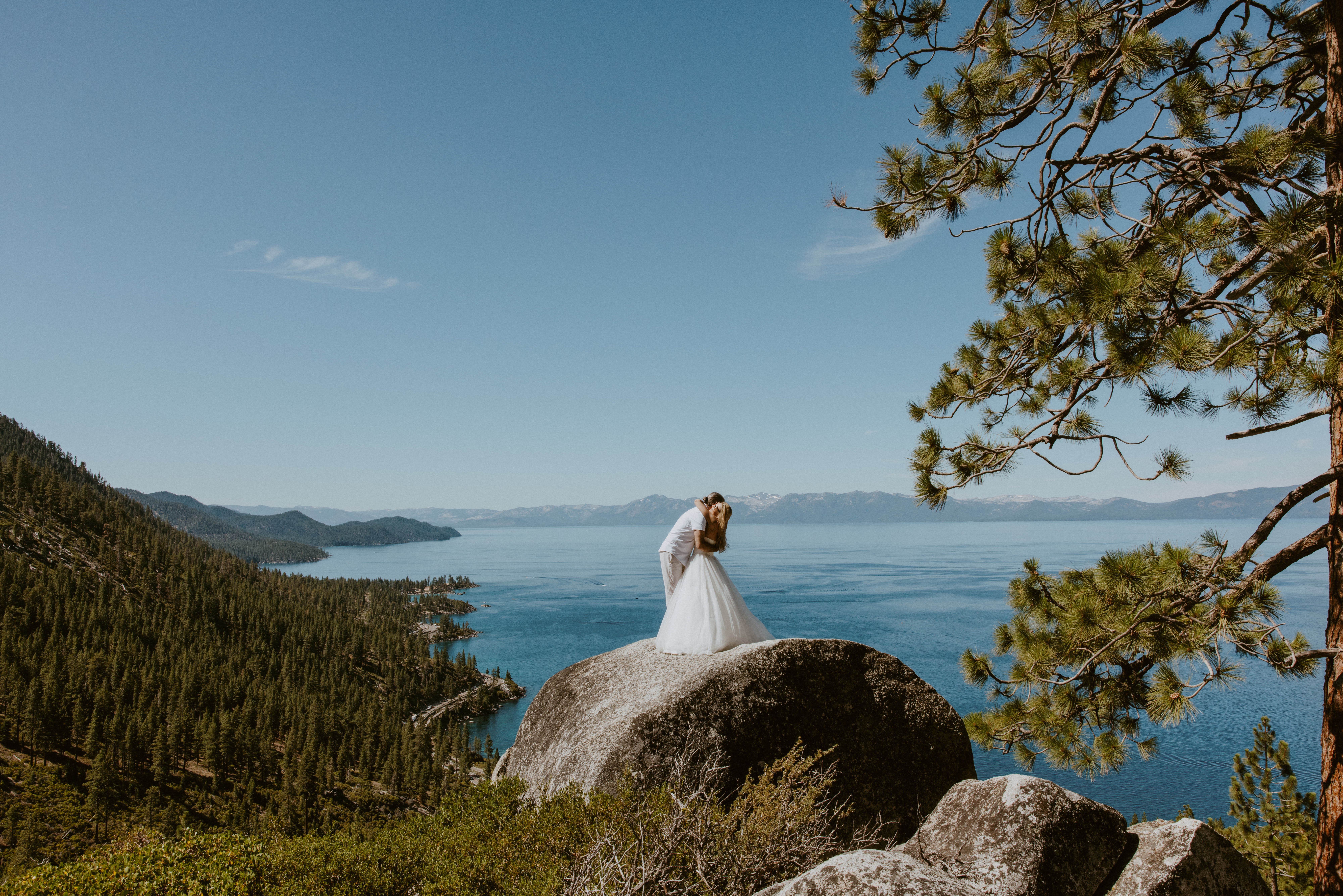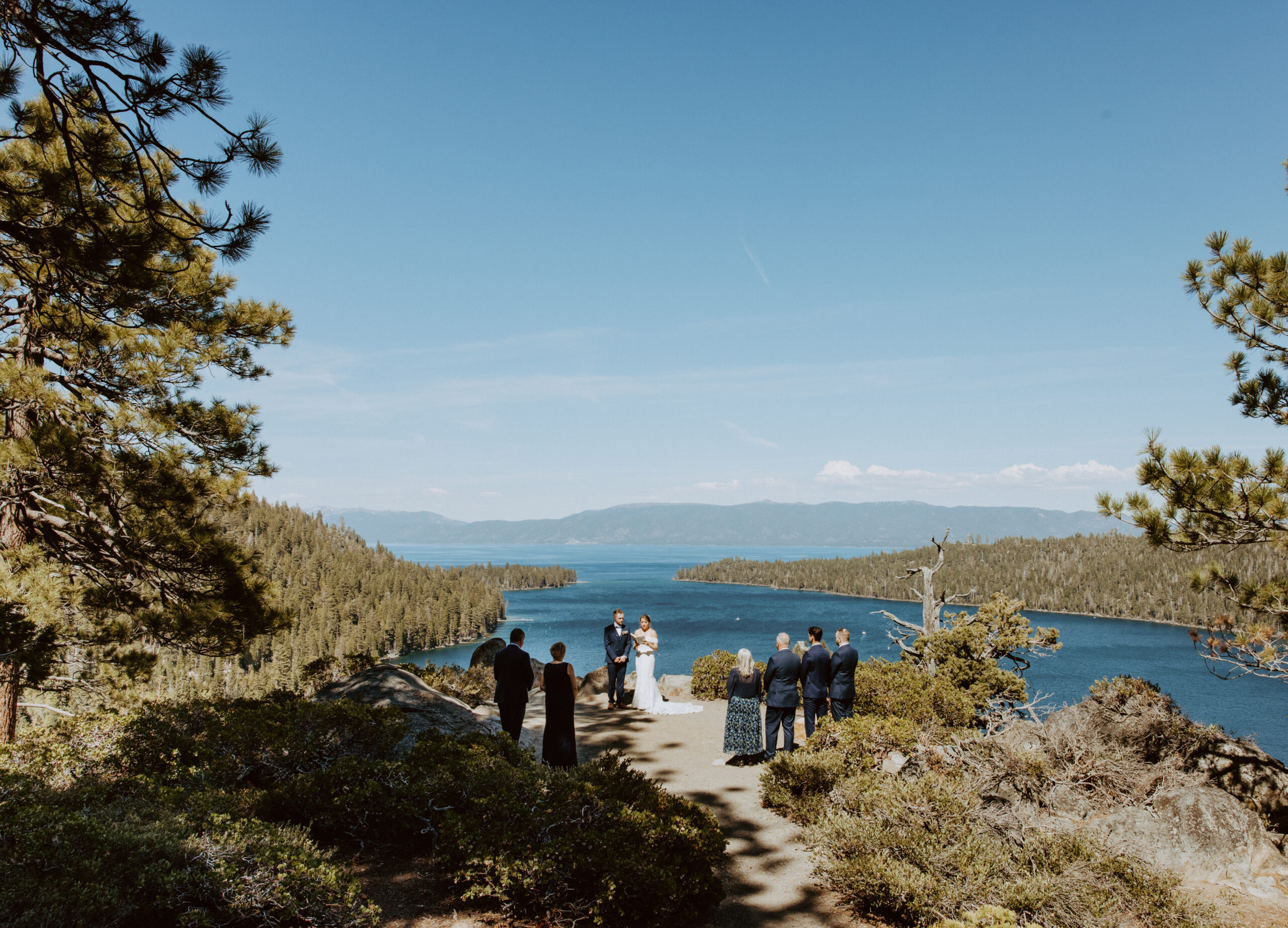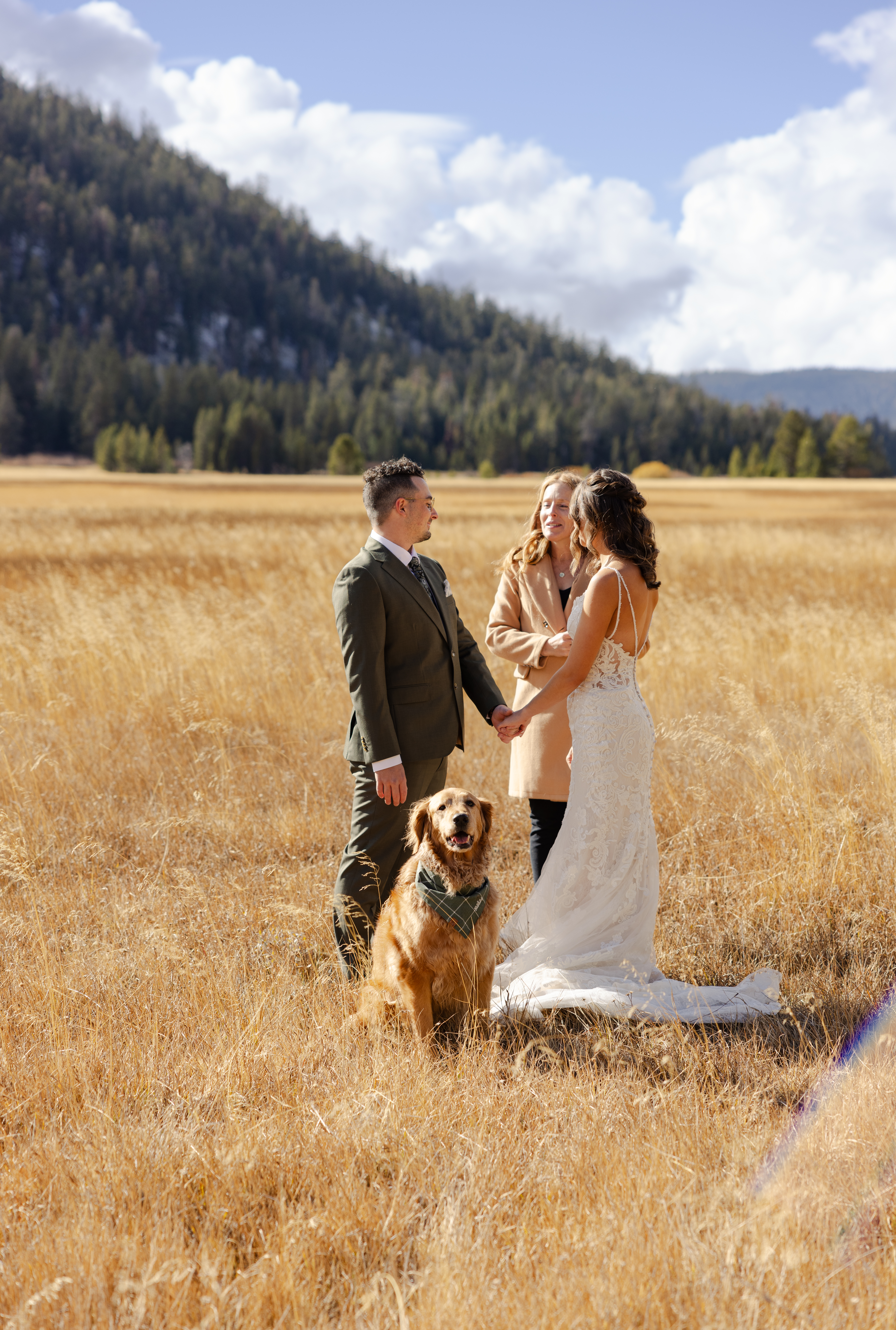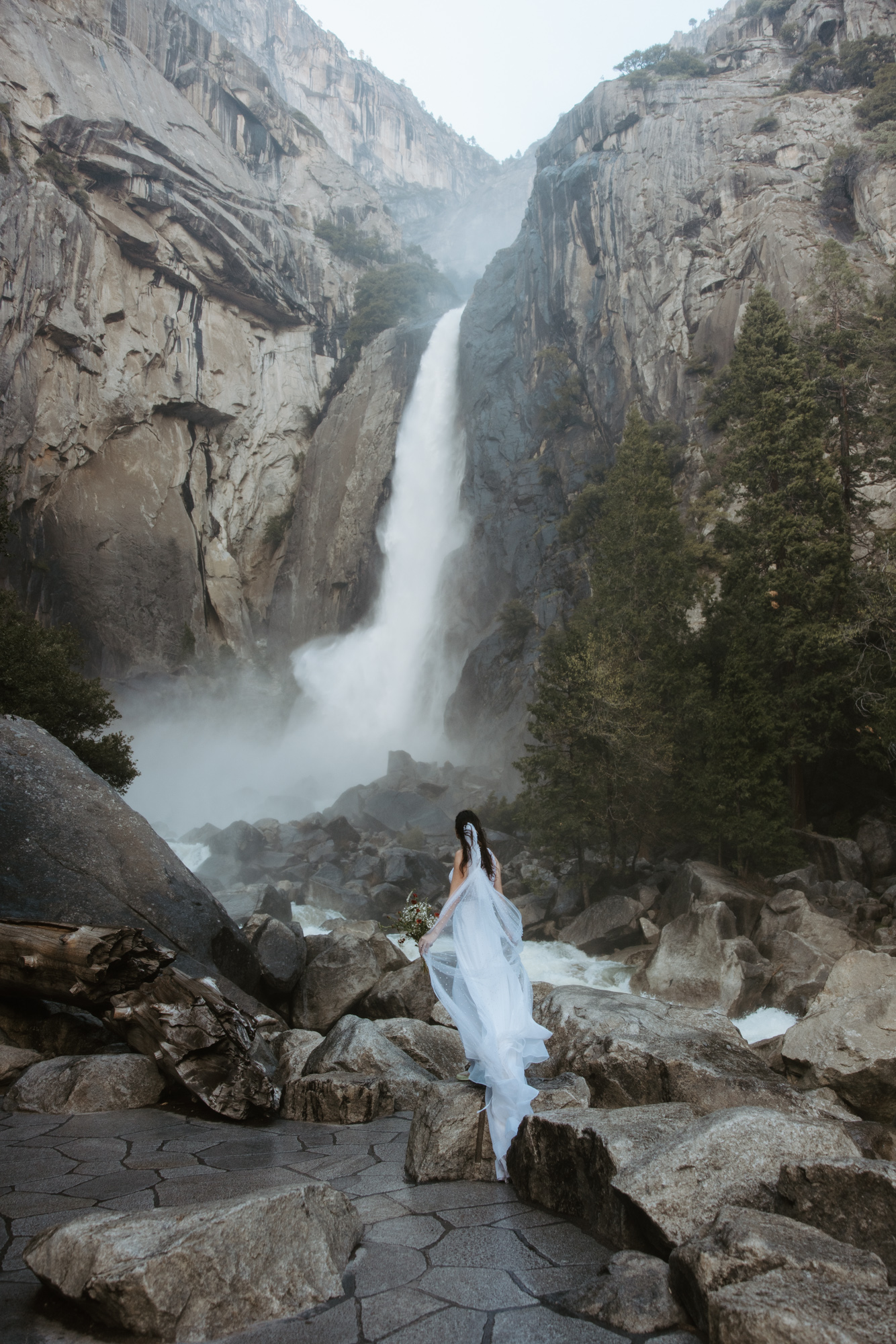From mountaintop vows to windswept kisses — this is where I share the adventures, the people, and the magic I get to witness.
The Blog
Contact me!
My Blog
meet me
For Photogs
Pricing
YOU, ME & THE PINE TREES
How to Elope
Your guide to dreaming up a day that feels like you. Here you’ll find real elopement + intimate wedding stories, location inspiration, and planning tips to help you create an experience that’s wild, meaningful, and completely your own.
Hey Friends! Im Kendall!
—Your Adventure-Obsessed Elopement Photographer
If you’re here, chances are you’re not the ballroom, big-wedding type. You’re the couple who feels most alive in the wild—where the air is crisp, the trails are endless, and the only ‘rules’ are the ones you make. Same.
I grew up in the heart of the Sierra Nevada, where adventure wasn’t just a hobby—it was a way of life. Backpacking, mountain biking, white-water rafting, chasing sunsets in the backcountry—that’s my world. So when I say I get why you want to trade a traditional wedding for a mountaintop “I do,” I mean it. This isn’t just something I photograph—it’s how I live.
And I’m here to make sure your elopement isn’t just a day—it’s an experience. One that’s thrilling, intimate, and so unapologetically you.
Need someone who knows the best hidden trails, keeps an eye on the weather, and makes sure you don’t forget to eat snacks at 10,000 feet? That’s me. Want a photographer who will hike, climb, and wade through rivers to get the shot? Also me.
My job isn’t just to capture your love story—it’s to help you live it fully.
So, let’s do this. Let’s craft an adventure that makes your souls light up, throw out the rulebook, and create a wedding day that feels like pure magic.
You bring the love—I’ll bring the camera. Let’s make this the best day of your life
Capturing your wild, beautiful day never stops feeling unreal.
I get to hike alongside you, witness the way you look at each other, and be there for one of the most important days of your lives.
I get to help you dream it up, plan it out, and then watch it all unfold.
And honestly? I’ll never stop being wildly grateful—or completely obsessed—with capturing these moments.
Ready to GET STARTED?
Let me help you create an incredibly fun, stress-free experience—while I capture the full story of your day.
Ready to hold your date? Click here to pre-reserve your wedding day while I prepare your contract and retainer
Contact Me
PROUD TO BE...
Women Owned | Leave No Trace Aware
Elopement Photographer with a Love for Adventure
Home
Meet Me
Client Galleries
Pricing & Packages
Follow along!
LGBTQ+ inclusive | Embracing BIPOC diversity | All skin tones & body sizes are warmly welcomed
Every part of who you are is seen, valued, and celebrated here.
Specializing in capturing adventurous elopements + intimate weddings + adventurous couples
Kendall Madsen
kendall@youmeandthepinetrees.com
Copyright © 2025 --- You, Me & The Pine Trees Photography
